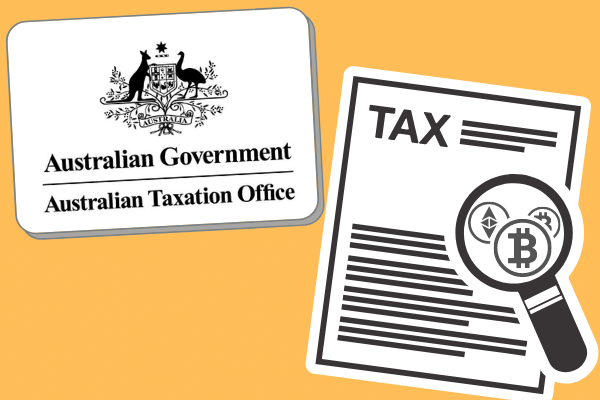
- A comment buried in the legalese of a U.S. Securities and Exchange Commission lawsuit hints that the regulator believes it has a case for U.S. jurisdiction over the Ethereum blockchain.
- The SEC further argues that because the bulk of Ethereum nodes sit within America’s borders, “those transactions took place in the U.S.”
For the longest time, the war cry of cryptocurrency proponents has been that decentralization made them immune to regulation, regardless of jurisdiction.
Like a hydra with multiple heads, the entire thesis and value proposition of the blockchain was that it was ungoverned and ungovernable.
But that thesis is about to face its first real legal challenge as a comment buried in the legalese of a U.S. Securities and Exchange Commission lawsuit hints that the regulator believes it has a case for U.S. jurisdiction over the Ethereum blockchain.
While the Ethereum blockchain technically exists in the cloud, miners which used to secure the network are very much rooted to the earth.
In a lawsuit filed on Monday against the founder of a cryptocurrency investment research firm, the SEC alleges that Ether transactions do have a geographical provenance and “were validated by a network of nodes on the Ethereum blockchain which are clustered more densely in the U.S. than in any other country.”
The SEC further argues that because the bulk of Ethereum nodes sit within America’s borders, “those transactions took place in the U.S.”
Although the lawsuit does not hinge on this point, it does hint at the SEC’s view with respect to jurisdiction over blockchain transactions and in all likelihood, the outcome of the legal action is unlikely to decide definitively on this assertion.
According to data from Etherscan, an open source tool that allows searching of the Ethereum blockchain, about 46% of all Ethereum nodes, computers that secure the Ethereum blockchain, are in the U.S. followed by just under 19% in Germany.
Ethereum’s recent successful shift to the far more energy efficient Proof-of-Stake method to secure its blockchain has also raised the ire of the SEC, which argues that because Ether holders can earn financial rewards by allowing the network to use their assets in the form of “staking,” it could fall under securities laws and therefore the ambit of the SEC.



